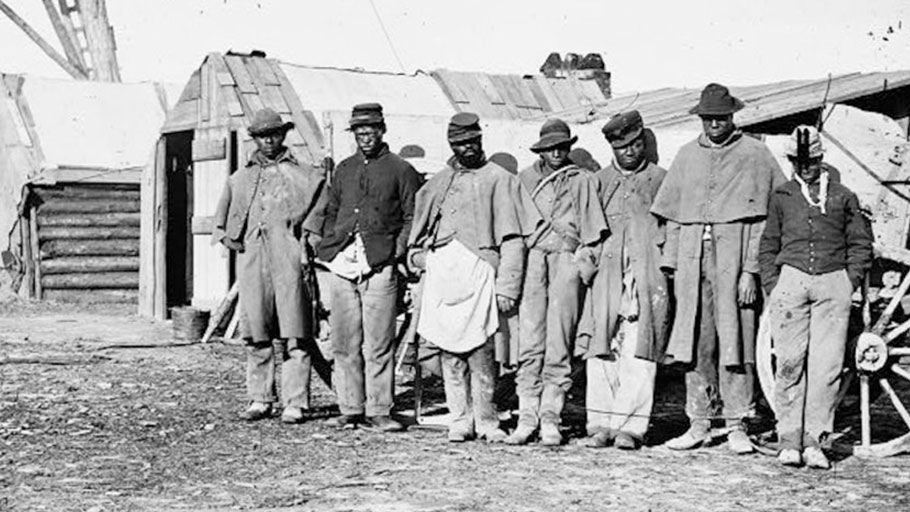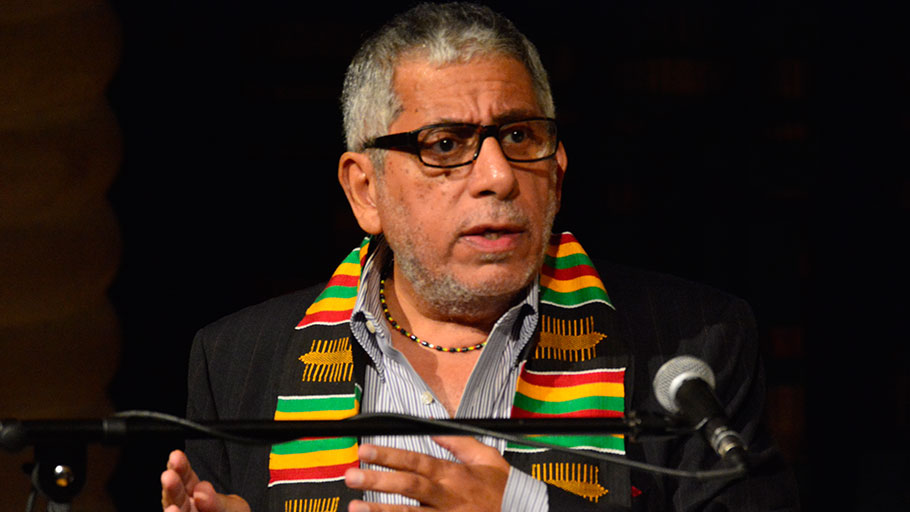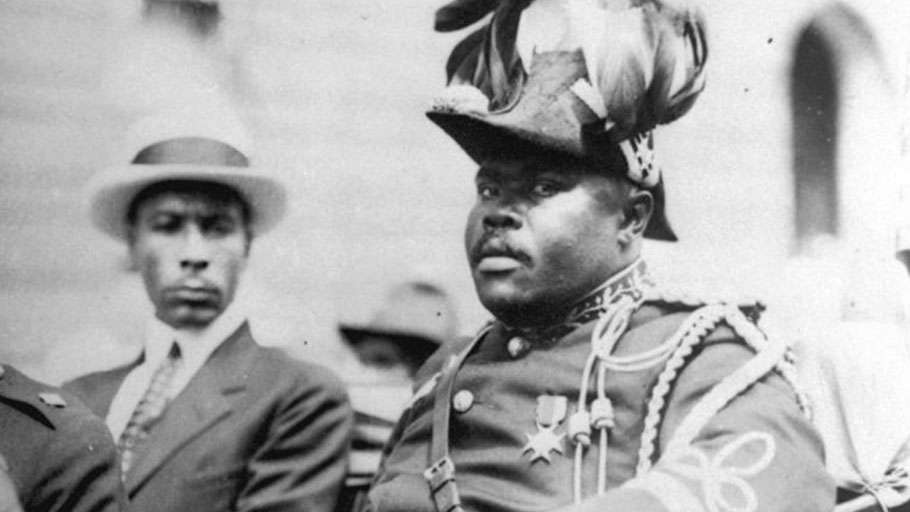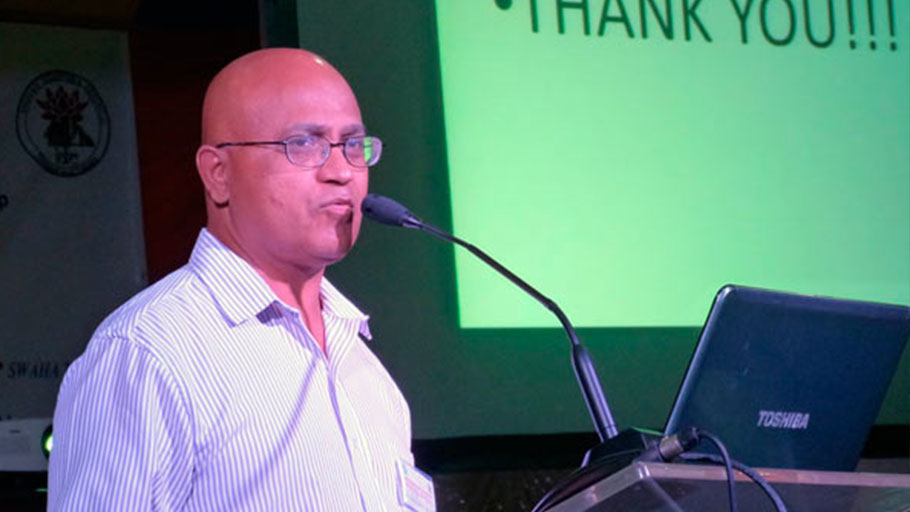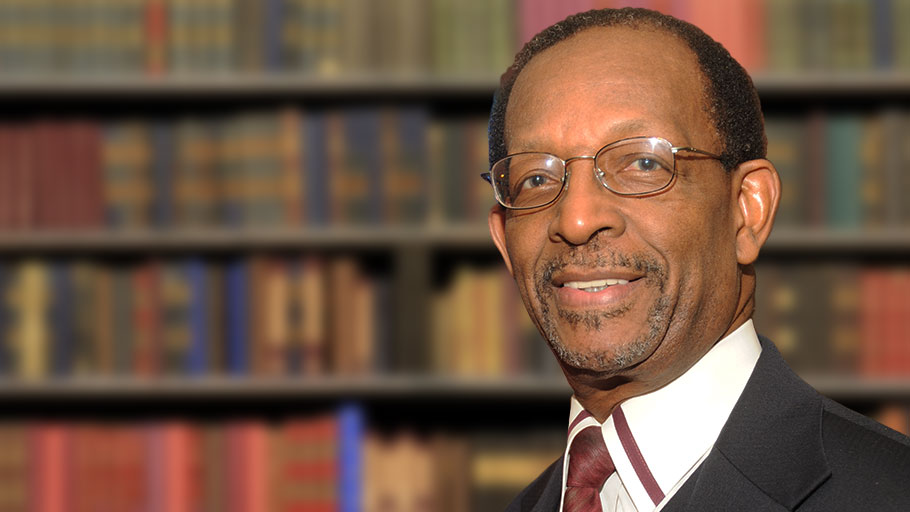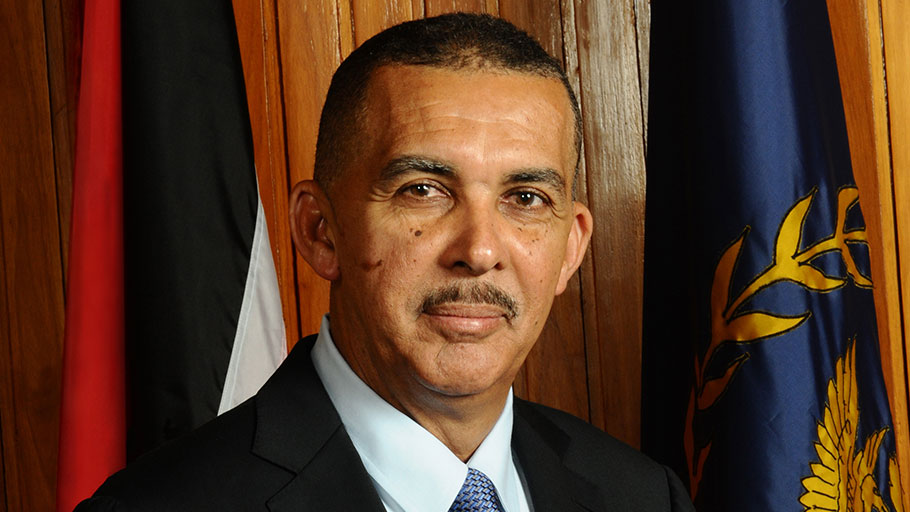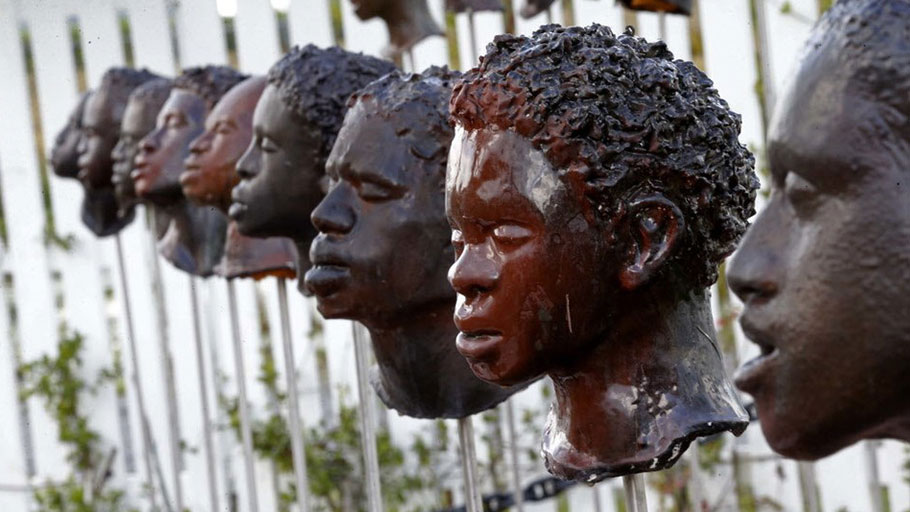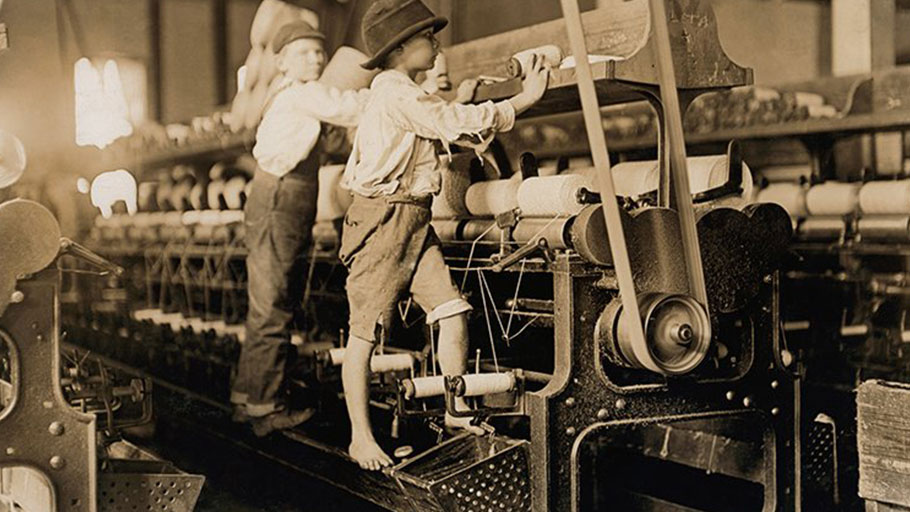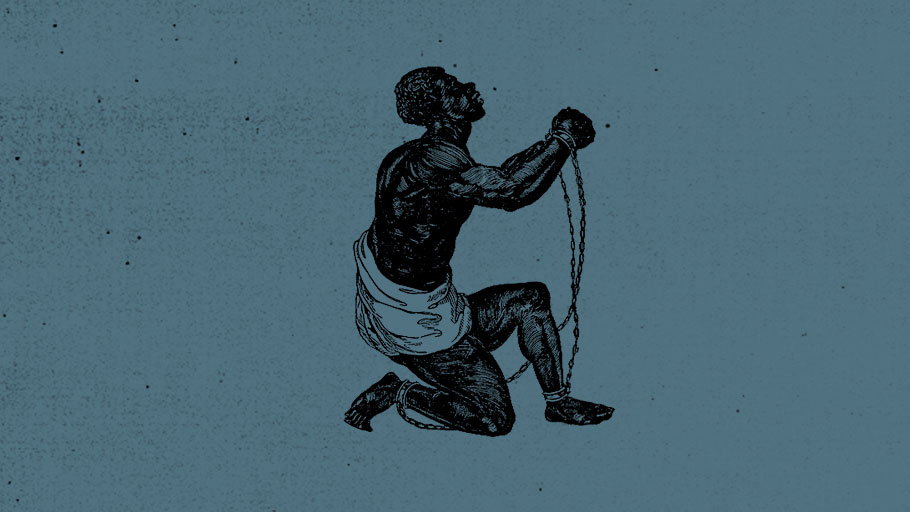
1. Validation of Our Humanity, 2. Completion of the Emancipation Process, 3. Compensation Must Be Proportionate to the Crime, 4. Reparations Must Produce the Just Society, 5. Africans Must Exercise Autonomy Throughout the Process, 6. We Must Repair Ourselves, 7. Self-repair Will Generate Mass Support for Reparations, 8. Reparations Must Be a Broad Movement, 9. The Mass of Our People Must Be Intimately Involved, 10. Network and Establish a New International Legal Structure

